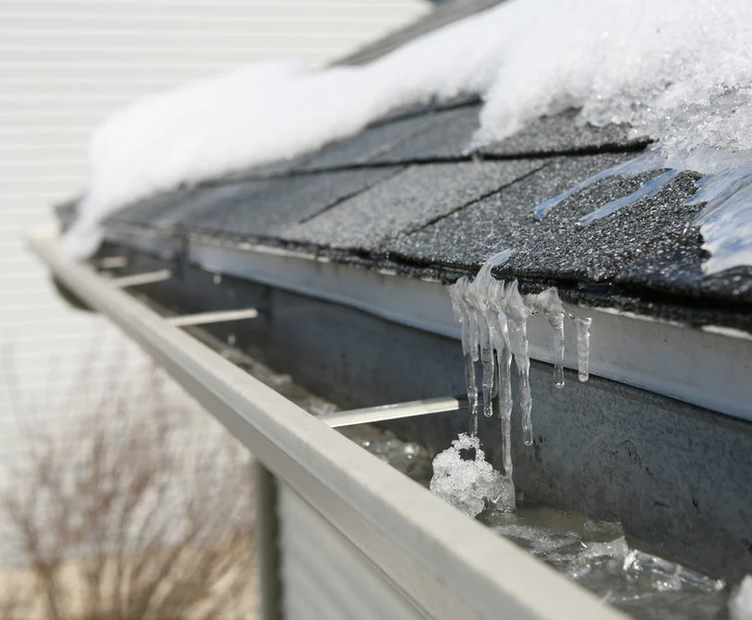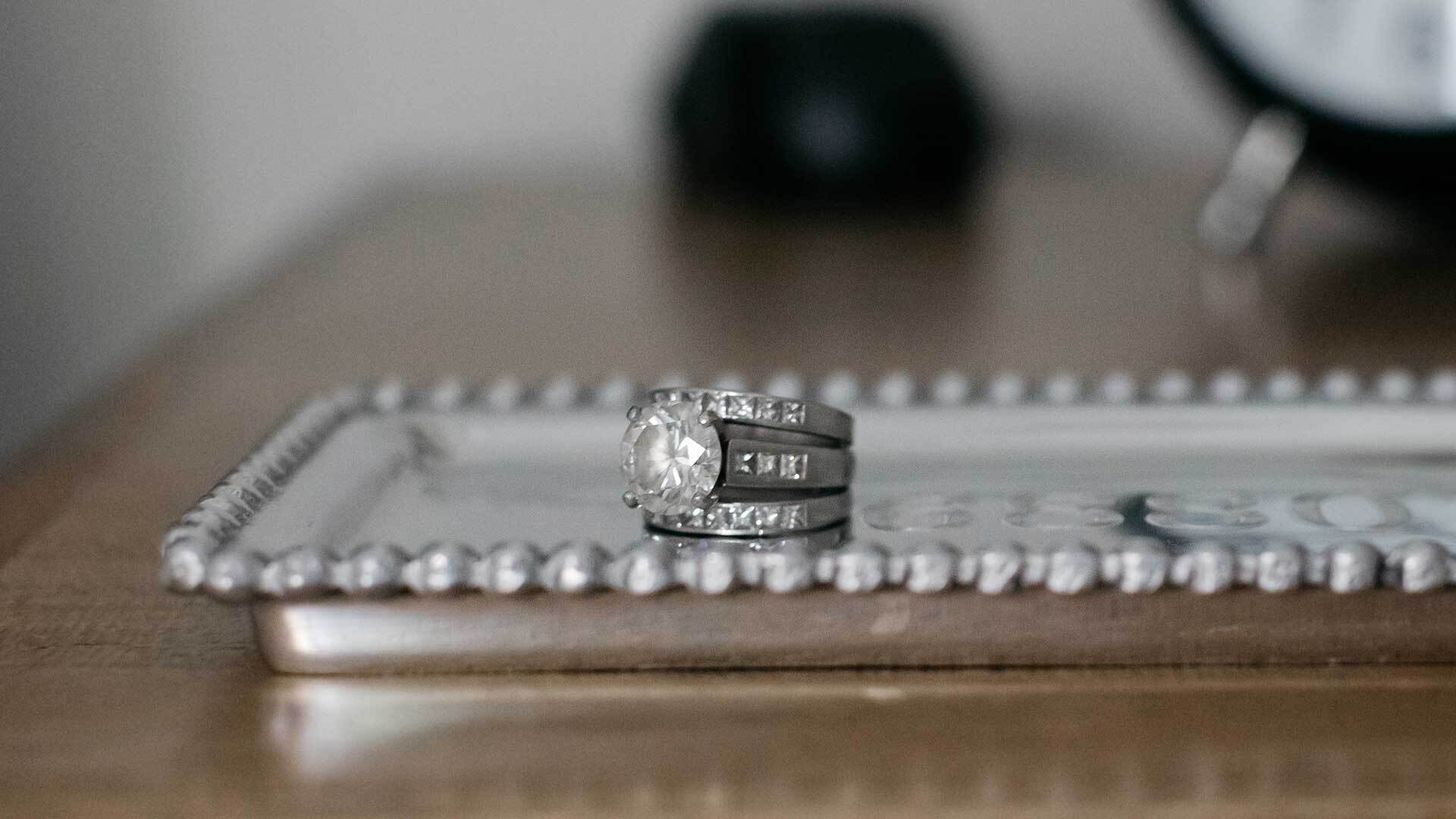Protect your family from lawsuits even if you aren't rich
February 23, 2011
USA Today - 03/24/11
By Erin Kutz
Those with seven-figure incomes aren’t the only targets of lawsuits, and the average home and auto insurance may quickly run short in the case of a simple accident and the litigation that can follow.
Typical homeowners insurance policies contain around $100,000 to $300,000 in liability coverage. Meanwhile, typical recommended coverage for auto policies includes $100,000 per person in bodily injury coverage, $300,000 per accident in bodily injury coverage, and $50,000 covering property damage per accident. But those allowances might not be enough even for the average consumer, says Madelyn Flannagan, the Independent Insurance Agents & Brokers of America vice president of agent development, education and research.
“People today have become so litigious they’re suing for everything,” she says. “You’re going to need to look at an umbrella policy that covers homeowners and your auto.”
Coverage easily can come up short.
Liability coverage on a standard auto insurance policy can fall short if you’re in a multiple-car pileup, says Insure.com senior managing editor Amy Danise. “If you cause a massive car accident and are sued for damages, then your umbrella can also kick in there to cover you,” Danise says. “Damages can add up quickly if a person is trying to sue you for hospital bills, lost wages — it’s an astronomical amount. That’s a great place where umbrella coverage comes in for the liability not covered, at not much extra cost.”
It doesn’t have to sap your budget, she says. An umbrella policy — which adds protection beyond the limits of home and auto policies — with $1 million in personal liability coverage can run $150 to $300 per year. The next million dollars would cost an additional $75, and $50 for each million dollars worth of coverage after that, according to the Insurance Information Institute.
“It’s better to have and not need, than need and not have,” says Alexandria, Va.-based Mike Jacobs, 55, who has a $1 million personal umbrella coverage that is an extension of his home and auto liability policies. “I can't afford to be sued and be wiped out.”
You don’t have to be rich to be at risk.
"Ultimately most people forget about the umbrella,” Tim Hogan, head of elite services for insurance and consulting services firm Alper Services, says.
Even those without lavish personal possessions and trust funds can be targets for big lawsuits. If you’re sued for an accident in your home and you don’t have the assets to pay the damages, plaintiffs can go after your income as it rolls in. Umbrella insurance will cover this. Also, depending on your state’s laws, some types of retirement savings could be vulnerable in a liability lawsuit.
Umbrella insurance can be an important play when consumers’ work and homes closely overlap, Flannagan says.
“We are farmers, and as such we have a lot of risk with our livestock,” says Julie Terstriep, 49, of Industry, Ill. “We have an umbrella policy, and it has been a very inexpensive way to cover that liability. Highly recommend it. Makes sleeping at night easier.”
An extra dose of coverage for those working from home in consultant-style roles is important to look into, Flannagan says. The average homeowners policy covers about $2,500 for the possessions associated with a home business or office, but not the liability that can come with it.
Working from home has its risks, too.
And even those working what don’t seem like dangerous jobs from their homes should be on the lookout, she says. “There’s very limited coverage for property, but no coverage for liability for running a business from home,” she says. If someone slips and falls when delivering a package for your business to your home, you’ll be out of luck if you don’t have insurance covering the business functions within your house.
Consumers can add an endorsement or rider — extra protection beyond what lies in a standard insurance policy — for business equipment to extend coverage to $5,000 or $10,000, though they might see an increase in premiums. Homeowners can also get business liability coverage endorsed on their homeowners policy, or can enlist in separate in-home business policies.
Beyond seeking umbrella coverage, consumers can also look to specialist insurers to wrap additional protection for liability and belongings into their homeowners policy, says Ross Buchmueller, president and CEO of the member-owned, high-value insurer PURE (Privilege Underwriters Reciprocal Exchange). And it doesn’t necessarily come at a hefty price. “Consumers believe that you have to pay more to get quality,” he says. “The insurance business is relatively unique in that if you do everything right … your premiums should be kept low.”





